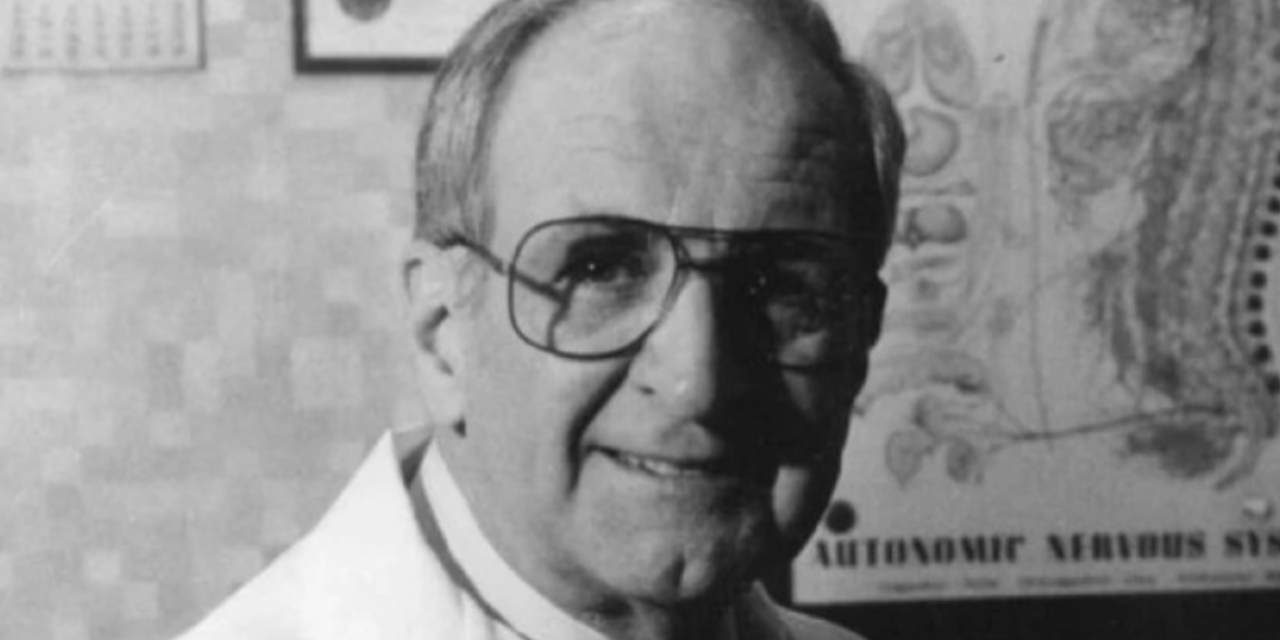
THE WILK CASE AND BEYOND

All of us who are in some way a part of the chiropractic profession have seen what a huge value it provides, and how it could provide an even greater benefit if it were used to its full potential to address a shortage in much-needed health care. Occasionally we become impatient about what appears as less-than-speedy progress in the acceptance of chiropractic as an important, cost-effective, accessible, and non-pharmacological part of the health care environment.
However, the ICS notes that the case of Chester Wilk, D.C., et al., vs. American Medical Association, 895 F.2d 352, finally decided in 1990, removed a major obstacle to chiropractic acceptance by the allopathic medical community. Although, of course, more work must be done, we believe much positive change has occurred since the case was resolved.
Brief History of the Case
Illinois chiropractic physician Dr. Wilk, together with five other D.C. plaintiffs from other areas of the country, filed a federal lawsuit aimed at exposing efforts of the American Medical Association (AMA) to “contain and eliminate the chiropractic profession.” At the time of filing, AMA ethical principles prohibited its medical doctor members from voluntarily associating with chiropractic physicians. The strict ban against MDs working with DCs had been in effect in all regions of the United States. The policy prohibited MDs from any form of working with, or referring a patient to, a chiropractic physician.
After a series of legal hearings, appeals, and retrials, the case was finally tried on its merits in federal district court in May 1987. The judge ruled that the AMA principle was anti-competitive and “by its very nature would have affected the demand curve for chiropractic services and adversely affected income of chiropractors.” The judge also found that the plaintiff chiropractic physicians had established injury to the profession’s reputation, which would be an anti-competitive effect of the boycott. Therefore, the judge enjoined the AMA from implementing its policy.
The AMA appealed the decision, but the appellate court affirmed the district court’s ruling. The AMA finally changed its ethical principle to state that a physician is free to choose with whom to associate professionally.
Impact of the Wilk Case
Since the decision, we have observed our doctors collaborating in many ways with other physician types and other providers. More and more chiropractic physicians now work in multi-disciplinary practices together with medical and osteopathic physicians, and D.C.s routinely refer to and accept referrals from, medical and osteopathic physicians. With the AMA restriction removed, patients now may be best served through unrestricted access to a wide range of therapies, and health care practitioners may provide patients with the most appropriate care, including through multidisciplinary integration.
Additionally, a number of Illinois laws have been enacted to permit the formation of business structures that may render a full scope of medical services and be owned or co-owned by all categories of physician and other health care professionals. These entities create previously unavailable opportunities for greater collaboration, familiarity, and acceptance, to the great benefit of patients. Change never occurs as quickly as we would like, but the role of chiropractic as an important component of health care delivery has grown in acceptance since the time of the court ruling. The ICS appreciates the role of Dr. Wilk and his co-plaintiffs, and we will continue to advocate for the inclusion of chiropractic in the critical role of natural, non-pharmacological approaches to health care.



















